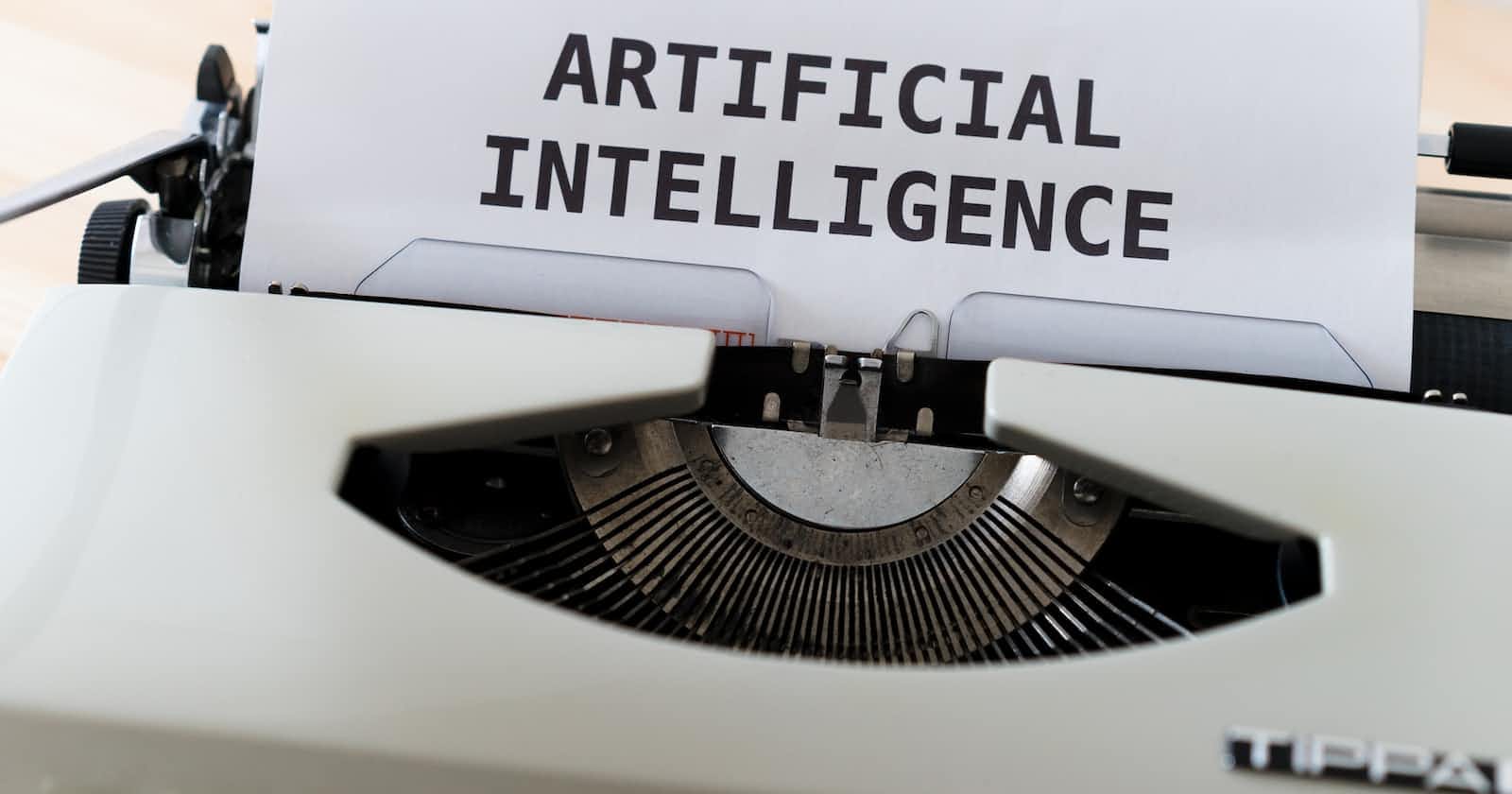Across the globe, Artificial Intelligence (AI) adoption is increasing in many sectors.
Companies and businesses need to combine AI and the human workforce as technology grows to create a sustainable future. Technologies like Machine Learning (ML) and AI will assist us in using resources effectively, building efficiently, and reducing waste management, among many other options.
Besides building robots and self-driven cars, climate change is happening at unprecedented levels than expected.
In the Northpole, snow is melting. Across the Pacific Ocean, Australia is increasingly reporting cases of wildfires, huge storms, and droughts that continue to drive home the message every day. The clock is undeniably ticking, and we’re running out of time.
Climate change discussions require smart intelligence to stay one foot ahead of these changes.
Effective energy management and clean energy are key to a greener future. To achieve this on a large scale, we need to merge AI with energy management to realize its true value. One way to achieve this is to ensure energy market experts have easy access to digital technologies and data-based insights.
When this happens, corporate decision-making is easy, which leads to better operational efficiency.
Something worth mentioning is that AI is relatively new—and many people, corporate included, still think it’s a theoretical principle with no practical solution.
However, the reality on the ground is different. A horde of different sectors is now using AI to test, analyze, simulate, and predict insights. Such capabilities shouldn’t be ignored, as they can assist organizations in advancing toward a sustainable future.
Easier said than done. Let’s analyze two ways the energy management sector can leverage AI’s power.
1. Efficient Energy Use
We’re living in the age of big data. Companies today collect huge chunks of data that they can use for maximum efficiency. The bigger challenge is converting this data into insights, and this is where AI comes in handy.
Companies can use AI to predict and track consumption trends with outstanding talent and well-equipped technical infrastructure. Over the long haul, this ensures companies can make changes where necessary and fine-tune their systems to realize maximum efficiency.
2. Energy Diversification
Maintaining a stable carbon footprint is key to a greener future. Organizations can use AI to ensure cleaner energy has a thriving chance in the market.
Organizations dealing with renewable energy can use AI and data analysis to determine better peak times for optimization of energy-storage systems.
3. Curb Energy Spend
With AI’s smart capabilities, companies can analyze market trends and compare the same against different data to achieve better insights. These insights ensure they can lower risk in an otherwise high-risk volatile industry.
In addition, AI’s insights can help track how companies consume energy and assist them in making better trading decisions.
Conclusion
While AI cannot change the discussion on a sustainable future overnight, the energy consumer market stands to gain from AI's benefits. If well implemented and supported by prosumers (companies that produce and consume energy), AI can help companies realize their sustainability goals toward a greener future.


